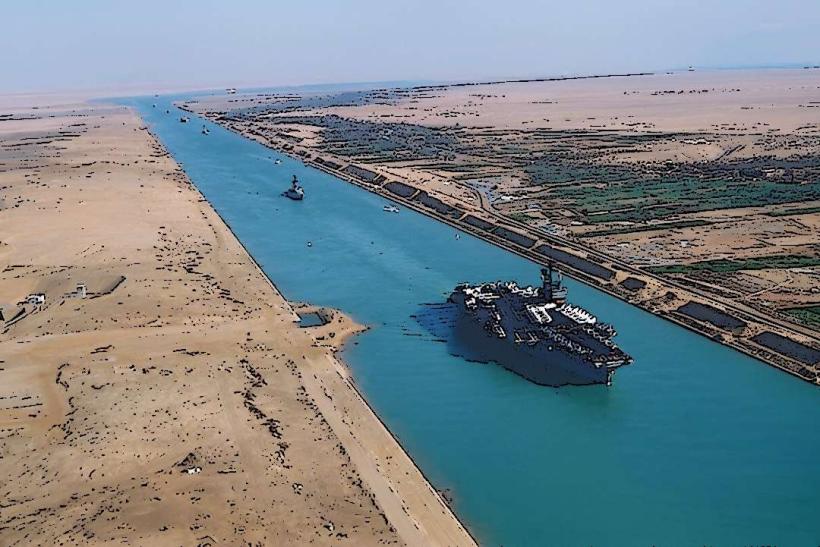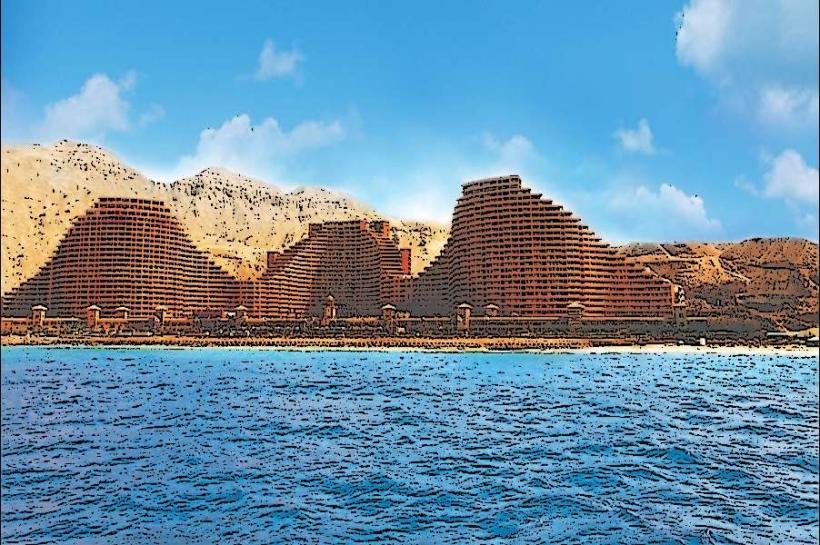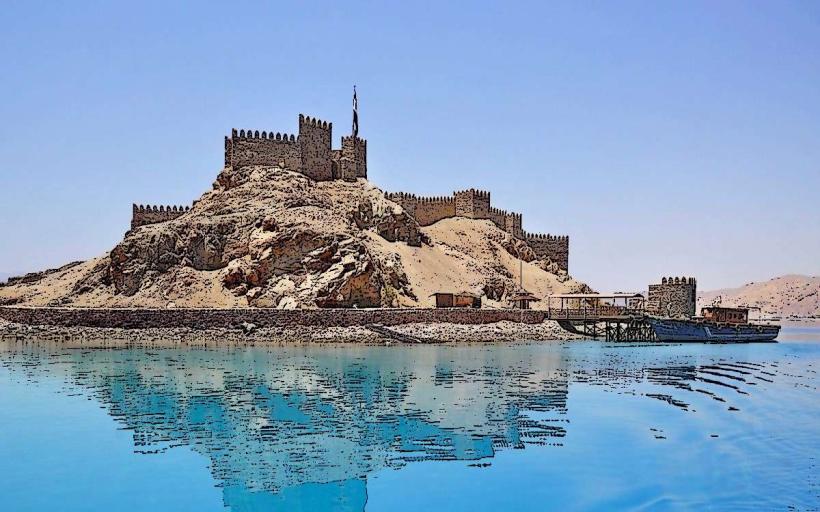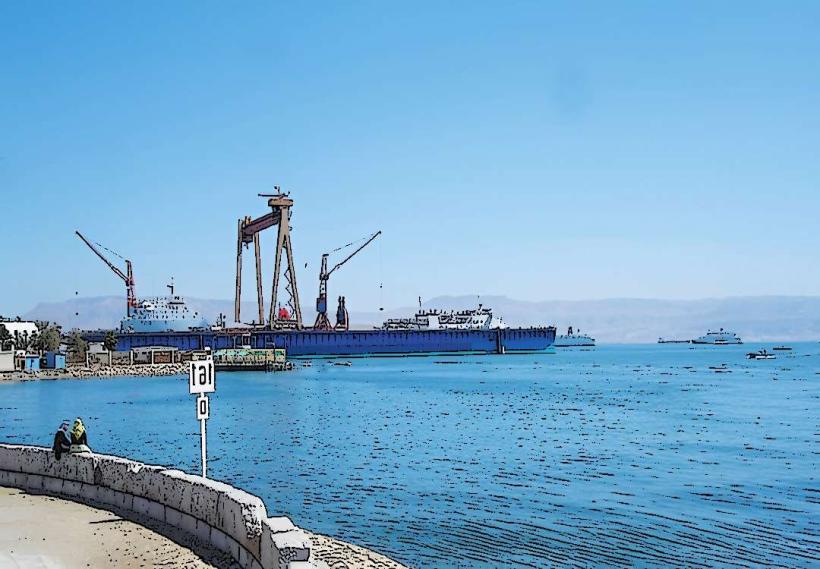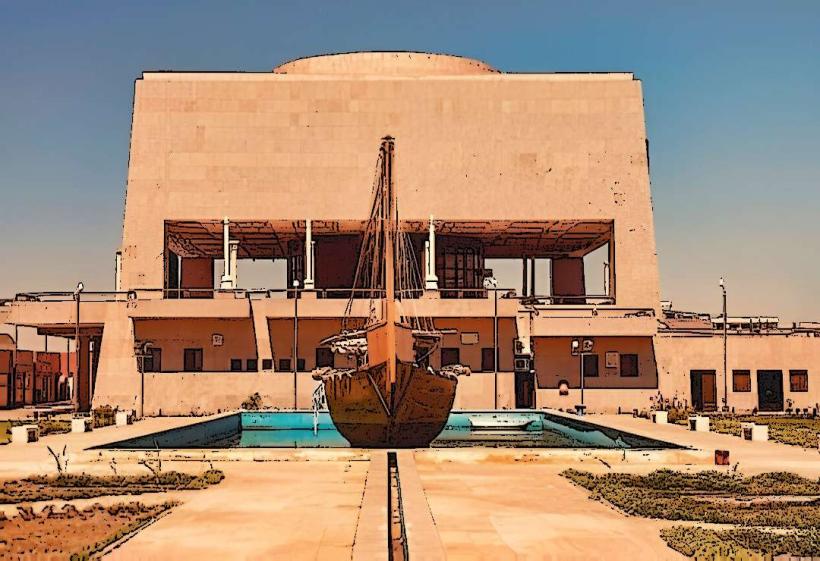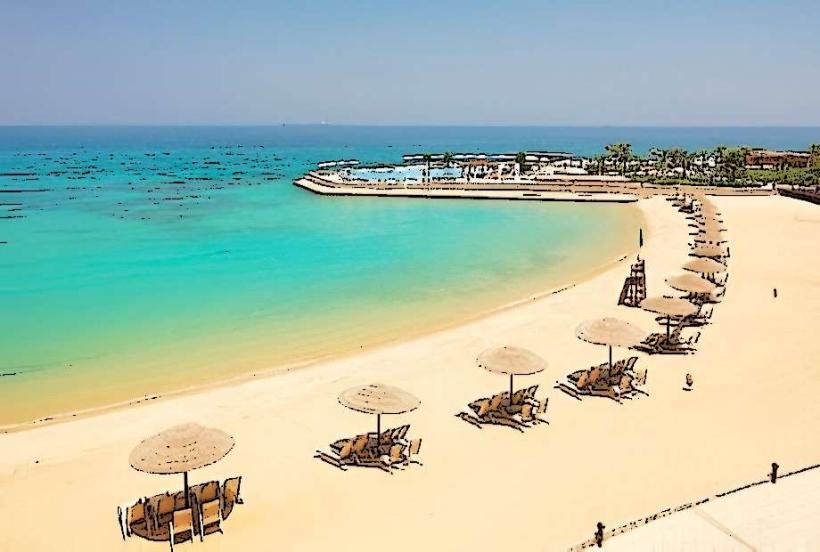Information
City: SuezCountry: Egypt
Continent: Africa
Suez, Egypt, Africa
Suez serves as a critical maritime and industrial hub at the southern terminus of the Suez Canal, functioning as the primary gateway for Red Sea trade and the Egyptian petroleum industry. It is located in northeastern Egypt on the northern coast of the Gulf of Suez, approximately 135 kilometers east of Cairo.
Historical Timeline
Suez originated as the ancient port of Clysma during the Ptolemaic and Roman eras before being refounded as a significant Islamic port in the 7th century. Primary eras of governance include Mamluk and Ottoman control, British colonial influence, and its strategic central role during the 20th-century Arab-Israeli conflicts. The city underwent its most significant architectural reconstruction in the mid-1970s following its total evacuation and near-destruction during the 1967 and 1973 wars. The 1869 opening of the Suez Canal is the primary event that shaped its current urban and economic form.
Demographics & Population
The city has an estimated population of 760,000 within its urban limits. The demographics are primarily Egyptian (98%), with small minority communities of expatriate industrial workers. The median age is approximately 25 years, consistent with Egypt’s national demographic profile.
Urban Layout & Key Districts
Suez is organized into five administrative districts: El Suez, El Arbaeen, El Ganayen, Faisal, and Attaka. El Suez (Waterfront) is the historic and maritime center containing the port and the Suez Canal Authority buildings. El Arbaeen is the most densely populated commercial and residential district situated inland. Attaka is the primary industrial and energy zone located to the South and Southwest.
Top City Landmarks
Suez National Museum (Port Tawfik)
Al-Gharib Mosque (Old City)
Port Tawfik Monument (Maritime District)
Suez Canal Authority Building
Mount Attaka (Southwest vista)
Transportation Network
Internal movement relies on microbuses (white with colored stripes) and unmetered "Suez Taxis," typically painted white and orange. There is no metro or tram system. Ride-sharing via Careem is available, though Uber has limited presence. Traffic density is high in the El Arbaeen district and along the waterfront roads during port shift changes.
Safety & "Red Zones"
Suez is generally stable but remains a high-security military zone. Foreign visitors should avoid photographing government buildings, bridges, or anything related to the Canal infrastructure. There are no specific "red zones" for crime, but certain parts of the El Arbaeen district can be chaotic and poorly lit at night. Scams are infrequent and mostly involve overcharging for unofficial transport.
Digital & Financial Infrastructure
Average fixed internet speeds are 30–60 Mbps. Main mobile carriers are Vodafone, Orange, WE, and Etisalat. Card acceptance is high in hotels and major supermarkets like Carrefour, but cash (EGP) is required for most local transactions. ATMs are concentrated in the El Suez district and near the Port Tawfik area.
Climate & Air Quality
Temperatures range from 10°C to 19°C in winter and 23°C to 36°C in summer. Air quality is often compromised by emissions from the nearby oil refineries and fertilizer plants. Humidity is high year-round due to the maritime location. The primary weather risk is sandstorms during the spring months.
Culture & Social Norms
Social norms are industrial and conservative. Tipping (Baksheesh) of 10% is expected in sit-down restaurants. Dress codes are conservative; shorts and sleeveless shirts are uncommon for men outside of private sporting clubs, and women are expected to cover shoulders and knees. Public consumption of alcohol is extremely restricted and generally only found in high-end hotels.
Accommodation Zones
Port Tawfik: Recommended for maritime views, proximity to the canal, and higher-standard hotels.
El Suez Waterfront: Recommended for walking access to the Suez National Museum and central administrative areas.
Local Cost Index
1 Espresso: 55 EGP ($1.15)
1 Standard Lunch: 220 EGP ($4.55)
1 Microbus Ticket: 5 EGP ($0.10)
Nearby Day Trips
Ain Sokhna (Red Sea Resorts): 55 km (45 minutes)
Cairo: 135 km (1 hour 45 minutes)
Ismailia: 90 km (1 hour 15 minutes)
Galala City: 95 km (1 hour 10 minutes)
Facts & Legends
A prominent local urban legend involves the "Ghost Ships of the Canal," supposedly spectral vessels from the 1967–1975 period when the canal was closed and a group of ships known as the "Yellow Fleet" was trapped in the Great Bitter Lake. A verified historical oddity is that Suez was the site of the world's first solar thermal power station, built in 1913 by American inventor Frank Shuman, which used sunlight to pump water from the Nile for irrigation.

